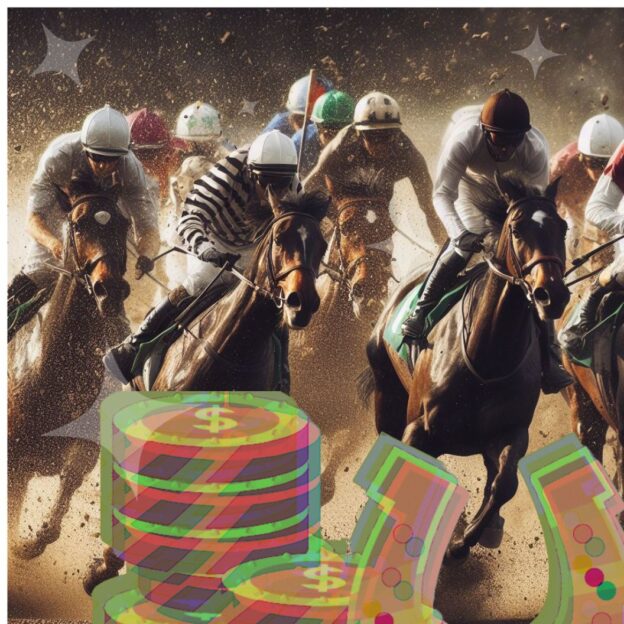The Racing Roots
Horse racing, a sport as old as time itself, has a rich history dating back centuries. Originally a pastime for nobility and the elite, it has since undergone a remarkable transformation into one of the most popular and exciting forms of sports betting. In this article, we’ll delve into the thrilling journey of how horse racing has evolved from a simple equestrian pursuit to a high-stakes betting spectacle.
A Humble Beginning
Horse racing’s origins can be traced back to ancient civilizations such as Greece and Rome, where it was initially a test of horsemanship. It was a sport for the wealthy and elite, showcasing the finest equine specimens and riders of the time. However, the transition from royal pastime to a commoner’s delight was a gradual process.
The Birth of Modern Racing
The early 17th century saw the establishment of the first formal horse racing tracks in England. These events laid the foundation for organized racing and introduced the concept of betting. As racing became more organized, enthusiasts began to wager small amounts on their favorite horses, sparking the birth of horse racing betting.
The Proliferation of Betting
The introduction of the thoroughbred breed in the late 17th century took horse racing to a new level. These elegant and swift horses made races more competitive and exciting, attracting larger crowds. Simultaneously, betting continued to grow in popularity. Spectators eagerly placed bets, and this practice became an integral part of the racing experience.
The Role of Technology
The 19th century brought significant advancements in horse racing and betting. The telegraph allowed for real-time communication of race results, enabling wagers to be placed and settled more efficiently. Bookmakers, initially unofficial figures, became more organized and established. The introduction of the pari-mutuel system in France further revolutionized betting by ensuring fair odds and transparent payouts.
The Betting Revolution
The 20th century marked a turning point for horse racing betting. Several factors contributed to its transformation into a full-fledged betting spectacle:
The Kentucky Derby and the Triple Crown
The emergence of iconic races like the Kentucky Derby, Preakness Stakes, and Belmont Stakes added a new layer of excitement. These events, collectively known as the Triple Crown, drew immense attention, with bettors from all walks of life participating.
Broadcast Technology
The advent of radio and television broadcasting brought horse racing into the living rooms of millions. People could now watch races from the comfort of their homes, increasing the sport’s accessibility and fan base. This exposure further fueled the betting frenzy.
Online Betting
The internet revolutionized betting in the late 20th century. Online platforms made it convenient for enthusiasts to place bets on races happening anywhere in the world. The availability of in-depth information and live streaming further enhanced the betting experience.
Big Payouts and Thrilling Finishes
Horse racing’s unpredictability, with its potential for longshot winners and dramatic finishes, has always been a drawing card for bettors. The allure of substantial payouts keeps both seasoned bettors and newcomers hooked.
The Betting Legacy
Today, horse racing stands as a testament to the enduring appeal of sports betting. It has seamlessly combined tradition with technology, transforming into a global spectacle that captivates millions. From the historic racecourses of England to the vibrant tracks of the United States and beyond, horse racing continues to ride the odds, thrilling fans and bettors alike.
In conclusion, the journey of horse racing from an elite pastime to a betting spectacle is a remarkable tale of evolution. It showcases how a sport can adapt and thrive, all while keeping its roots intact. So, the next time you watch a thrilling horse race, remember that you’re not just witnessing a contest of speed and skill—you’re also a part of a centuries-old tradition of wagering on these magnificent animals.

